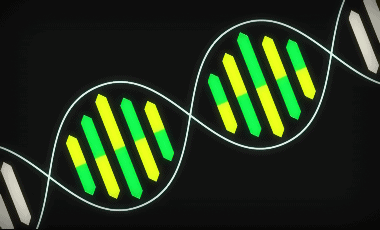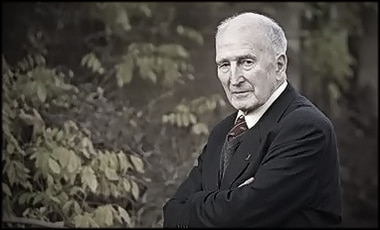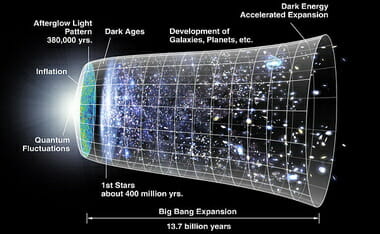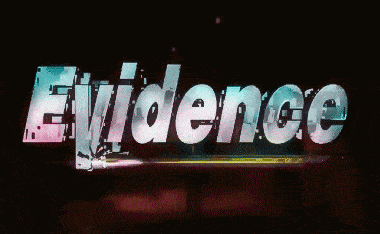This is with a Hat-Tip to Wintery Knight!
… And this is the key point:
Here, we encounter a great paradox, first identified in 1971 by Manfred Eigen7: DNA repair is essential to maintain DNA but the genes that code for DNA repair could not have evolved unless the repair mechanisms were already present to protect the DNA.
And at the very end of the article, the most common response from Darwinian naturalists is rebutted:
Those who promote unguided abiogenesis simply brush off all of these required mechanisms, claiming that life started as simplified “proto-cells” that didn’t need repair. But there is no evidence that any form of life could persist or replicate without these repair mechanisms. And the presence of the repair mechanisms invokes several examples of circular causality — quite a conundrum for unintelligent, natural processes alone. Belief that simpler “proto-cells” didn’t require repair mechanisms requires blind faith, set against the prevailing scientific evidence. …
![]() Video: Life Can’t Exist Without Repair Mechanisms, and That’s a Problem for Origin-of-Life Theories
Video: Life Can’t Exist Without Repair Mechanisms, and That’s a Problem for Origin-of-Life Theories
<<<<<<<<Another Wintery Knight Hat-Tip! >>>>>>>>
Wintery Knight and Desert Rose interview Dr. Fazale “Fuz” Rana about the appearance of first life on Earth. What are the minimum functions of a simple living system? When did life appear on the Earth? What are the best naturalistic hypotheses for the origin of life? Are any of these scenarios plausible? What is the best explanation for the information and algorithms in the cell? Is design a better explanation? (Just under an hour)
How does this cause a problem?
In this video David Gelernter, David Berlinksi, and Stephen Meyer break down the mathematical problems with Darwin’s Theory of Evolution.



